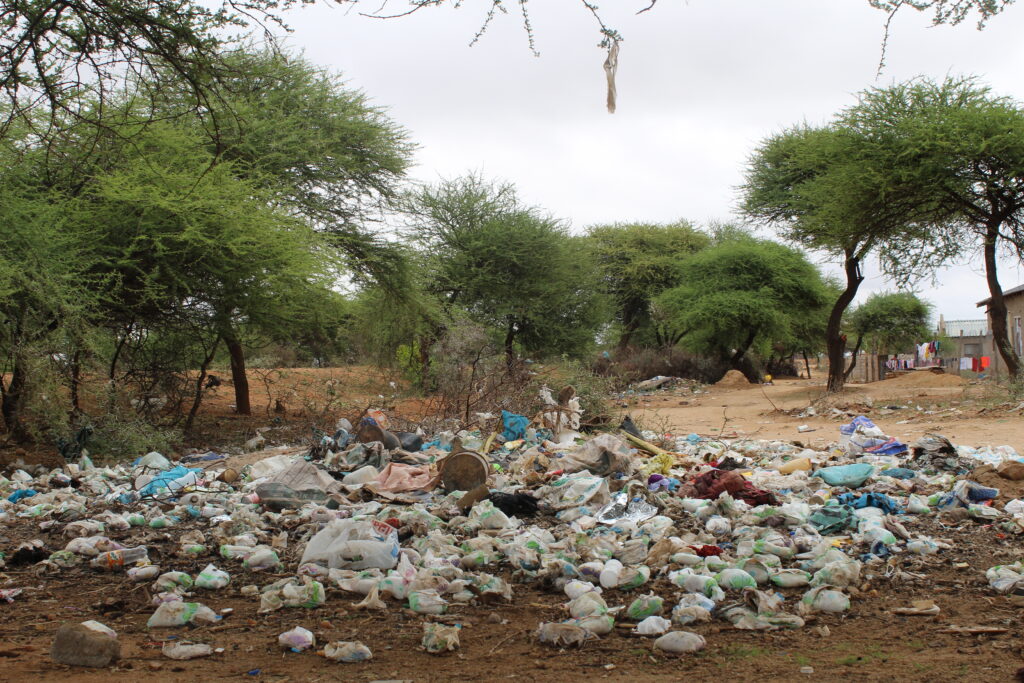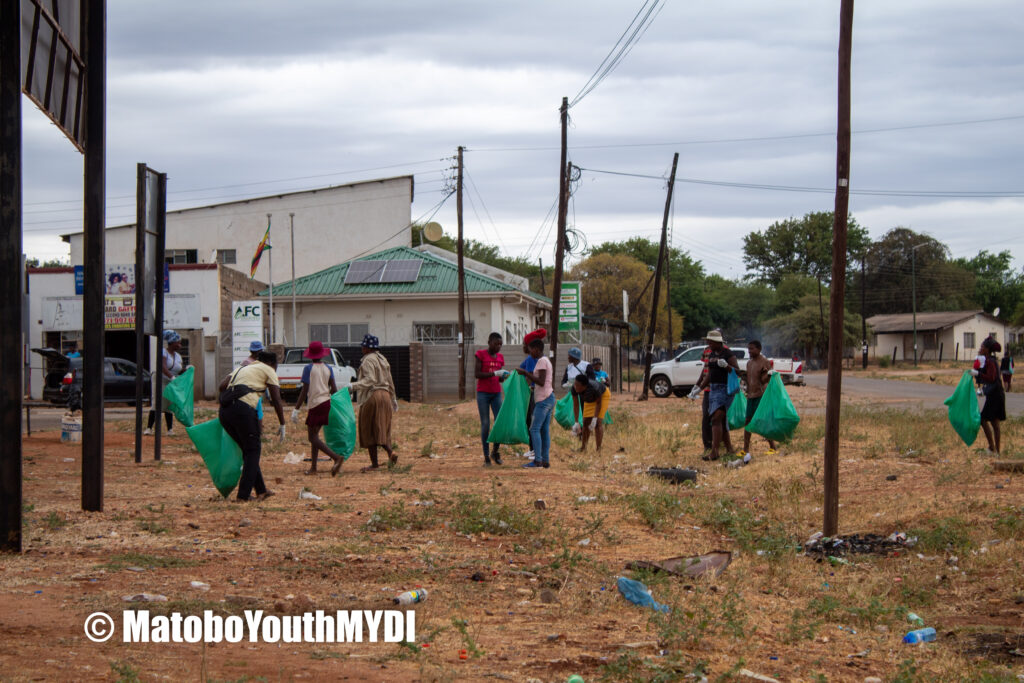
By Constentine Mpofu
Today, the 22nd of April, is Earth Day, a global campaign to support environmental conservation efforts and commit to fighting against global warming formulated under the Paris Accord in 2016.
According to the earthday.org statement, this year’s theme, ‘Planet or Plastics’ focuses on the call to action and commit unwaveringly to raise awareness on the health risks of plastics, rapidly phase out single use plastics and urgently push for a strong UN Treaty on plastic pollution.
In rural areas, plastic pollution is also a challenge because waste management is not as prioritized as in urban areas, with most rural local authorities not having proper procedures of handling and disposing waste.
Likewise, at household level, there is not much attention which is focusing on proper waste management particularly recycling and waste characterization.
The business community in Growth Points, Business Centres and Rural Service Centres also generate a lot of waste which is also not properly disposed of as they burn the waste in undesignated areas.
In Maphisa Growth Point for example, and in many Growth Points in Zimbabwe, people choose to throw their waste in illegal dumping sites instead of properly disposing it.
As such, plastic pollution is one of the major environmental issues in rural areas because of the failure by both the institutions that must be responsible for their waste and the households who illegally dispose their waste.
Plastic solution poses an issue for people and animals because these plastics find their way into water bodies, as we know, access to safe and clean water in a challenge in rural communities.
These plastics, which disintegrate into microplastics, according to the National Oceanic and Atmospheric Administration (NOAA), are minute plastic pieces coming in different shapes and sizes of less than five millimetres in length.
Microplastics are an emerging field of study, so not much is known about them and their impacts yet, however, several studies have indicated that there is an accumulation of microplastics and nano plastics in human and animal tissue.
Furthermore, plastics also affect livestock when it they consume it leading to inflammatory response, dysregulation of the endocrine system and accumulation in various organs.

As concerned citizens, it is imperative to ensure that we neutralize the threat of plastics to human and animal life in rural areas.
Phasing out single use plastics is a global campaign which should be adopted even at local authority level which is possible through the adoption of Bylaws which will help in ensuring that certain plastics are not sold or distributed.
Plastics bags, takeaways, drinking straws are products that can be replaced by producing innovative replacements.
Most of the methods that we can use to reduce the use and demand for plastic are more to do with changing habits and practices, for example, carrying a water bottle which is refilled instead of buying mineral water in small bottles which are single use.
Recycling and reuse are centred on innovation again, finding a way of repurposing plastic waste in different forms, to make new products or use the plastic containers for a different purpose.
We should push for government and research institutes to incentivize localized innovation strategies which are focusing on making use of plastic waste and even sustainable plastic waste disposal methods.
Overall, managing plastic waste is a role that must be played by all stakeholders, since it affects every facet of the community and poses a threat to human and animal life. As highlighted above, people in rural areas are vulnerable to the impacts of plastic pollution, so even ensuring that these people have access to clean and safe water is contributing to the fight against plastic pollution.
#SustainabilityMatters #EarthDay #ProtectOurPlanet